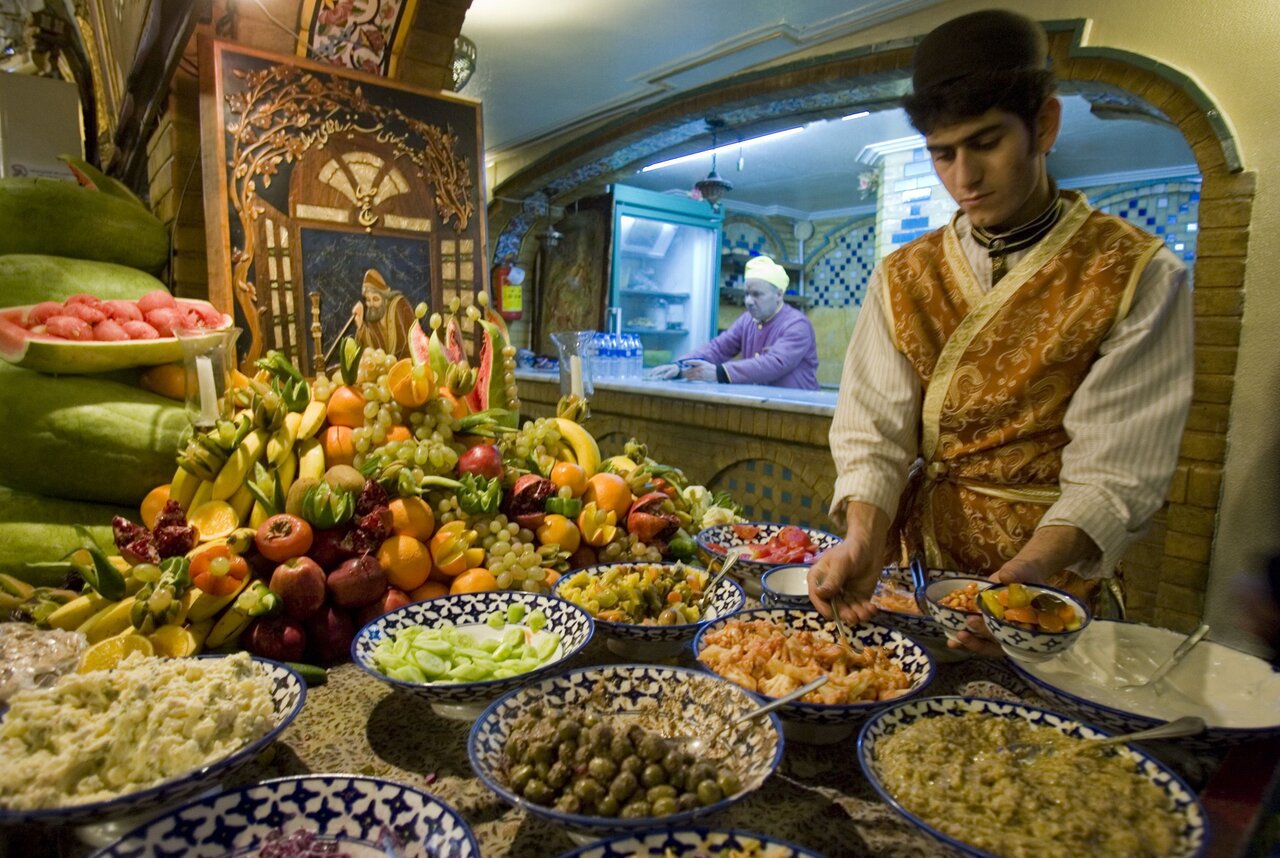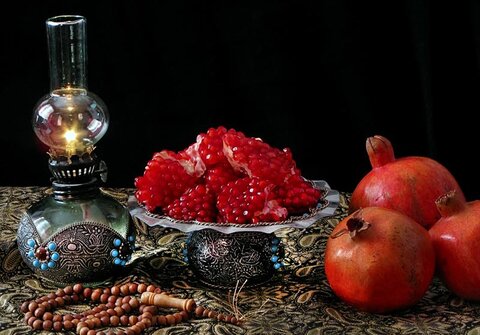This ancient festival, rooted in Zoroastrian traditions, symbolizes the triumph of light over darkness and the renewal of the sun. As families gather to share stories, poetry, and traditional foods, they create an atmosphere rich with warmth and cultural significance.
Yalda Night has been celebrated for over 5,000 years, originating from ancient Persian beliefs that this night heralded the rebirth of the sun. The name "Yalda" itself means "birth," reflecting the ancient connection to light and life. Traditionally observed on December 21, it is a time for families to come together, share seasonal fruits like pomegranates and watermelons—symbols of health and renewal—and engage in communal activities that foster connection and joy.

The festivities typically unfold at the homes of grandparents or elders, where families gather to enjoy a feast of nuts, sweets, and fruits. The act of sharing these foods is steeped in symbolism; for instance, watermelon is often seen as representing the sun due to its round shape, while pomegranates symbolize life with their vibrant red seeds. Candles are lit to illuminate the night, further emphasizing the theme of light overcoming darkness.
A hallmark of Yalda Night is the reading of poetry from Hafez, one of Iran's most revered poets. Families partake in a tradition known as Fal-e Hafez, where they make secret wishes before randomly selecting a poem from Hafez's Divan. This ritual not only adds an element of fun but also serves as a means of reflection and hope for the coming year. The interpretations of these poems often lead to laughter and deeper conversations among family members.

Yalda Night embodies more than just a seasonal change; it represents togetherness over solitude. As families recount stories from their past and share dreams for the future, they reinforce bonds that transcend generations. The night is filled with laughter, storytelling, and a sense of community that resonates deeply within Iranian culture.


Your Comment